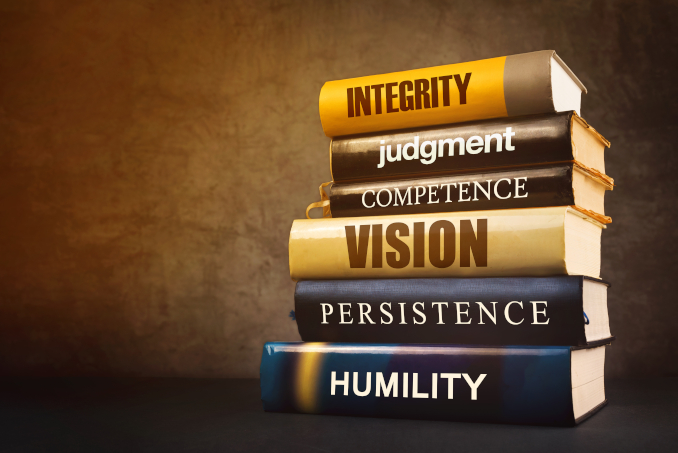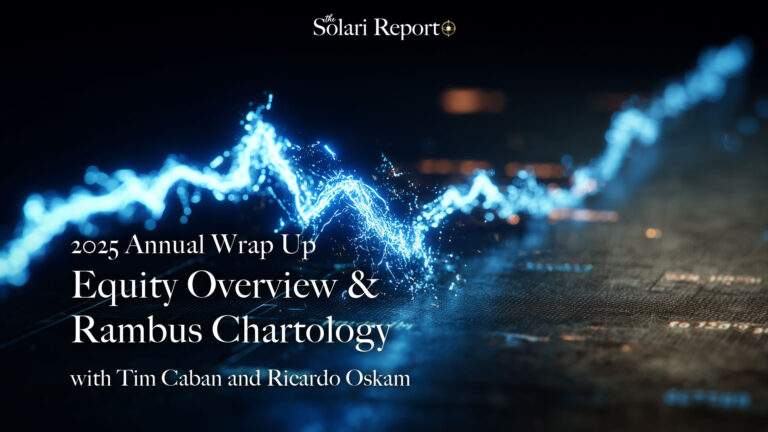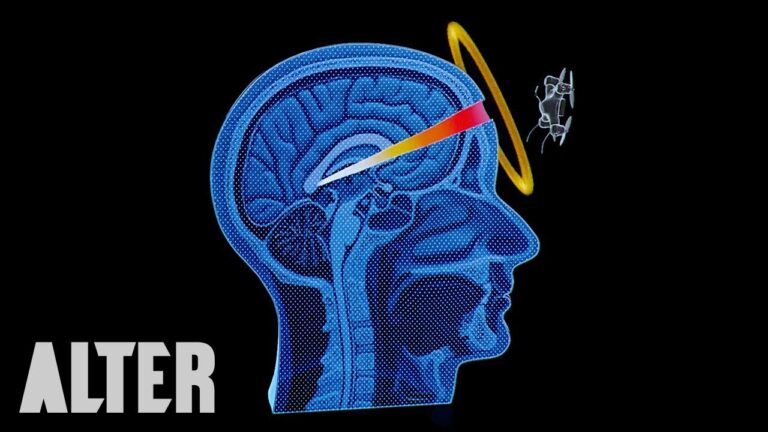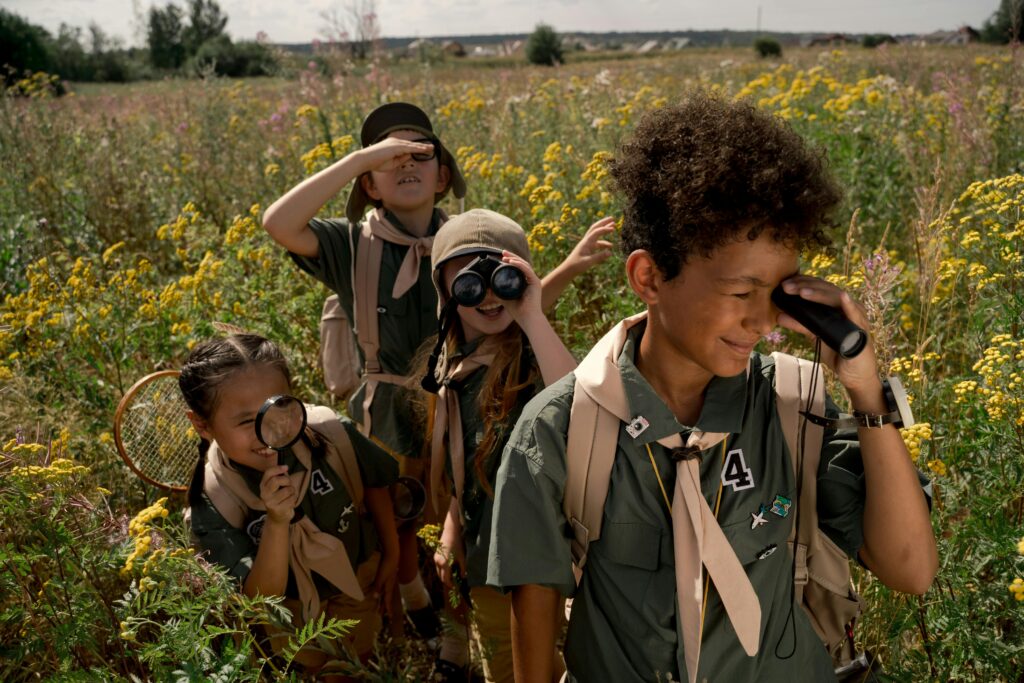Movies and Documentaries:
What Makes a Leader?

By Nina Heyn – Your Culture Scout
“Leaders think and talk about the solutions. Followers think and talk about the problems.”
~ Brian Tracy
LAWRENCE OF ARABIA (1962)
This romanticized biography of T.E. Lawrence stars Peter O’Toole as an Englishman who was able to win the respect and the following of people of a different religion, language, and culture than his own. Even though we now view colonialism and the history of WWI in a different way than when this movie was made, the historic Lawrence must have had impressive leadership qualities to achieve his exalted position in both the Arabic and the British societies.
KING: A FILMED RECORD… MONTGOMERY TO MEMPHIS (1970)
This Oscar-nominated documentary on Martin Luther King Jr.—the charismatic leader of the Civil Rights movement in America—is told through historic footage of King himself and the people who were the icons of the era: Paul Newman, James Baldwin, Leonard Bernstein, Diahann Carroll, Jesse Jackson, Robert F. Kennedy, and dozens of others.
THE GODFATHER (1972) and THE GODFATHER Part II (1974)
If you want to explore the dark side of leadership in a most artistic rendition, this movie and its sequel, The Godfather Part II, are perfect for it. Both Don Corleone (Marlon Brando and Robert de Niro) and his son Michael (Al Pacino) are natural-born leaders with an unsurpassable ability to command, manipulate, and manage people. They just happen to run a criminal enterprise, but their innate leadership qualities are impressive.
GANDHI (1982)
Ben Kingsley won an Oscar for his portrayal of the Indian resistance leader Mahatma Gandhi, whose passive resistance methods led to the overturn of British colonial rule. As a leader of the United Indian Congress, Gandhi’s non-violent resistance proved to be the right way to force the British colonial forces out of India by 1947. Gandhi is the story of India’s fight for independence, spearheaded by a barefoot lawyer who was able to unite a multinational and multireligious society into an effective resistance against the most powerful army of the 19th-century world.
THE RIGHT STUFF (1983)
Sam Shepard’s performance as the test pilot Chuck Yeager dominates this movie about early space missions on Mercury rockets. Even though Yeager himself was not an astronaut, he was the first man to break the sound barrier, and his leadership influenced the early space programs as well as the later NASA culture.
BRAVEHEART (1995)
Mel Gibson stars as William Wallace, the 13th-century hero of the Scottish rebellion against the conquering forces of the English King Edward I. Wallace, the charismatic gentleman-farmer, has all the leadership qualities to unite and lead his clans to victory, but the price of national freedom has to be paid in personal sacrifice.
MANDELA (1996)
This documentary is about a leader whose relentless faith in the eventual victory of civil rights in South Africa carried him through political fights, his long imprisonment, and the creation of a new state.
THIRTEEN DAYS (2000)
Leaders tend to prove their mettle during crisis situations, and the 1962 Cuban Missile Crisis was a challenge with global implications for the Kennedy administration. During 13 tense days, President Kennedy is trying to find a solution to the threat of Soviet nuclear missiles being placed in Cuba. Kevin Costner stars as Kennedy’s adviser.
THE ENDURANCE (2000)
This documentary is a retelling of the 1914-1916 expedition of Sir Ernest Shackleton to Antarctica. It relates the incredible story of the Endurance crew’s survival for nine months in the snow, Shackleton’s daring boat trip to the Norwegian whaling station, and his eventual rescue of the crew wintering on Elephant Island. The real endurance describes less the ship that got crushed by ice floes and more the character of the incredible captain of the expedition.
THE KING’S SPEECH (2010)
King George VI found himself unexpectedly on the English throne after his brother famously abdicated in 1936. Not only did the new king have to step up to leadership in the face of the upcoming German invasion—he also had to overcome his speech impediment in order to address his nation in the new medium of public radio. It is a story of quiet determination and standing up to the challenge.
WALESA: MAN OF HOPE (2013)
Victor Hugo famously said, “Nothing else in the world…not all the armies…is so powerful as an idea whose time has come.” Walesa: Man of Hope tells the story of the peaceful revolution of Solidarity, the grassroots movement of Poles who decided in 1980 that they really had had enough of the Communist regime. The leader who emerged as the face of the Solidarity movement was an electrician from the Gdańsk shipyard: Lech Walesa. The famous Oscar-winning Polish director Andrzej Wajda directed this biography, which can serve as a reminder that when the time for an idea comes, it becomes unstoppable. All it takes is a true leader to start the change.
SUFFRAGETTE (2015)
A story of the early days of the British suffragette movement depicts the drama of the movement’s foot soldiers—laundry and factory workers desperate to gain equal wages and humane treatment who were confronted with the increasingly brutal actions of the police and legislators. Despite stellar casting (Carey Mulligan, Meryl Streep, Helena Bonham Carter) and numerous awards, the film met with only moderate box-office success, perhaps because female heroes are much less recognized by society.
SULLY (2015)
Sully tells the true story of the heroic landing of a passenger plane by captain Chesley Sullberger, who posed the aircraft in the middle of the Hudson River after he lost both engines to a bird crash. His saving of the 155 passengers and crew was hailed as a miracle, but as the subsequent investigation proved, it was more the result of Sully’s years of flight experience, his lifelong obsession with safety, and his ability to make the right decisions at the right time.




















































































































